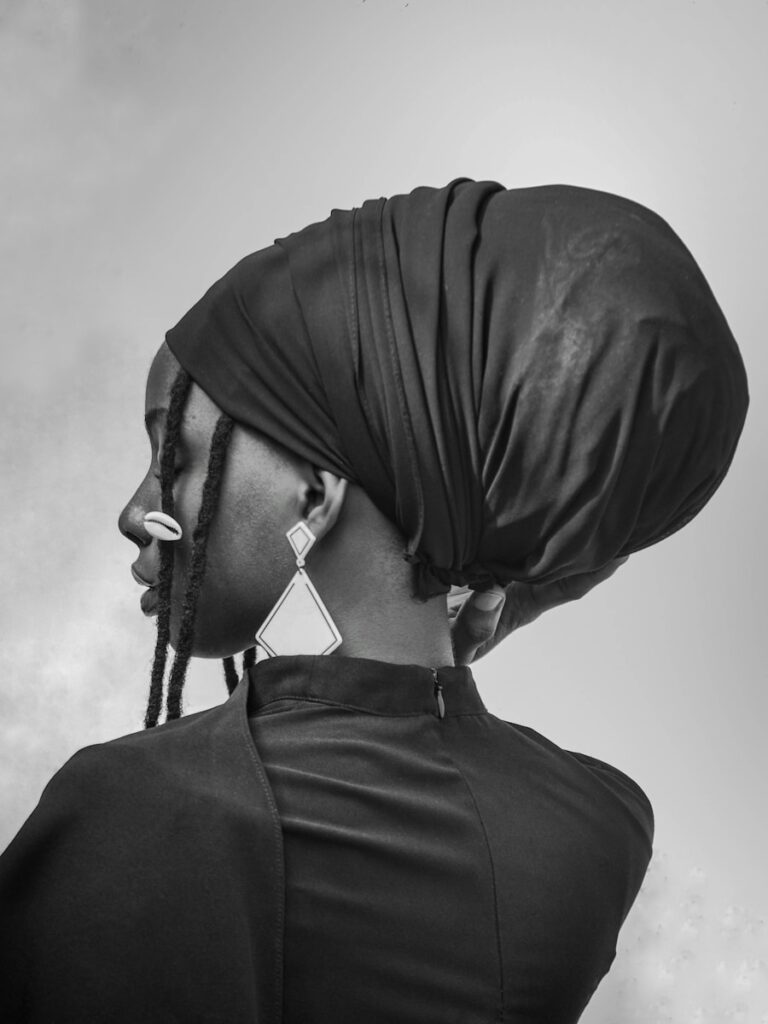 As businesses increasingly adopt new modes of interacting with their target audiences, influencer marketing and internet advertising have become vital tools. Though these offer tremendous opportunities for influencers and brands alike, they also come with legal responsibilities. It is important to understand the legal framework in order to avoid costly mistakes.
As businesses increasingly adopt new modes of interacting with their target audiences, influencer marketing and internet advertising have become vital tools. Though these offer tremendous opportunities for influencers and brands alike, they also come with legal responsibilities. It is important to understand the legal framework in order to avoid costly mistakes.
In this edition, we talk about some of the key legalities that brands, influencers, and digital marketers must keep in mind while engaging in digital advertising and influencer partnerships.
What is Influencer Marketing?
Influencer marketing involves collaborations between brands and persons (influencers) who have considerable following on social media, blogs, or other online platforms. The influencers promote products or services, leveraging the reputation and confidence they enjoy among their followers.
What is Digital Advertising?
Digital advertising entails several online promotion methods, including display advertising, search engine marketing (e.g., Google Ads), social media advertising, email marketing, and video advertising. They are typically data-driven and targeted to specific audiences based on behavior or demographics.
Key Legal Considerations
- Advertising Regulations
Advertising in Nigeria, including digital and influencer advertising, is regulated by the Advertising Regulatory Council of Nigeria (ARCON). The relevant laws include the ARCON Act, the Code of Advertising Practice, and the Vetting Guidelines.
- Content Standards: Advertising must be truthful, not misleading, decent, and non-discriminatory. Influencers must ensure that their endorsements are truthful and reflect real experiences.
- Mandatory Vetting: All advertising content (e.g., flyers, jingles) for public consumption is to be vetted and approved by ARCON—subject to narrow exceptions such as job vacancies, notices, or obituaries.
- Penalties: Failure to comply with ARCON vetting before publication is punishable by a fine of up to ₦1,000,000 per offense, alongside potential criminal liability.
- Disclosure of Sponsorships: Influencers must disclose paid partnerships to maintain transparency and prevent misleading their audience.
- Consumer Protection
The Federal Competition and Consumer Protection Commission (FCCPC) safeguards the rights of consumers under the FCCPC Act.
- Prohibition Against False Advertising: Brands and influencers must avoid false statements that are likely to deceive consumers.
- Promotional Content to Be Clear in Pricing and Product Information: All promotional content should be clear regarding pricing, product quality, and promised performance.
- Legal Ramifications: Failure to comply will lead to fines, compensation claims, or criminal prosecution under the FCCPC Act.
- Data Privacy and Protection
Under the Nigeria Data Protection Act (NDPA) and relevant regulations:
- Consent is Paramount: Businesses must obtain explicit consent before collecting or processing personal data—especially for ad targeting.
- Data Security: Any consumer data collected must be stored securely and not shared without due precautions.
- Compliance Risks: Violations of data protection laws can result in serious consequences, including regulatory fines and reputational damage.
- Intellectual Property (IP) Compliance
Content posted during marketing campaigns must adhere to IP laws:
- Copyright Infringement: Use of photographs, videos, or music must be licensed properly. Brands and influencers must avoid using unauthorized third-party content.
- Trademark Protection: Influencers must not misuse brand logos or trademarks, and brands must legally protect their IP assets in contracts.
- Contracts and Legal Liabilities
Strong contracts are necessary to set expectations and protect all parties.
- Clear Terms: Contracts must define deliverables, payment terms, usage rights, and timelines.
- Legal Remedies: Breach of contract can lead to litigation, financial loss, and loss of reputation. Protective clauses are needed for managing non-performance or disputes.
- Platform-Specific Regulations
Influencers are subject to Instagram’s, Facebook’s, TikTok’s, and X’s (formerly Twitter) terms of service.
- Sponsored Content Guidelines: Disclosure of sponsored content is usually required by platforms. Failure to comply can result in content removal or account sanctions.
- Platform Liability: The platforms host the content, but legal responsibility remains with the brands and influencers using them.
With influencer marketing and online advertising showing no signs of slowing down in Nigeria, it is important to understand and adhere to relevant laws. Advertising laws, consumer protection, data privacy, and IP rights are all areas where brands and influencers need to conduct themselves ethically and openly.
This is a general outline, and we recommend that you seek advice from legal professionals for detailed guidance and to handle the complexities of compliance.
